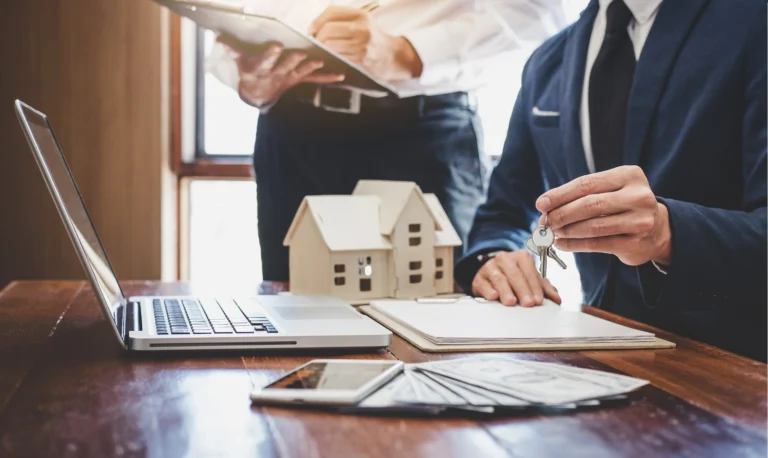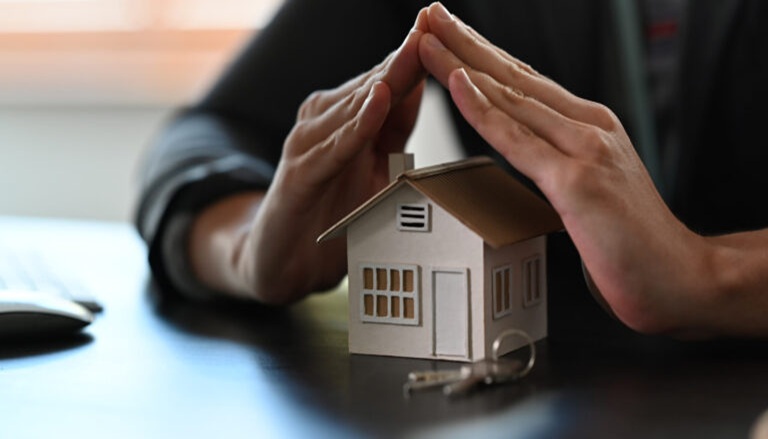- February 22, 2024
Selling vs holding your investment property
Rising interest rates over the past two years have caused many property investors to consider selling one or more of their assets.
Some of these may have had no option due to not being able to meet their increased mortgage repayments, while others may have considered current market conditions as a good time to sell and re-direct their capital into other investments.
On the flip side, there are dedicated property investors who aim never to sell. Rather, they wish to hold their assets until they are paid off and then receive a passive income from them to sustain them in retirement and leave them something to pass on to their kids and grandkids.
So, if you’re not sure which category you fit into, or are weighing up whether to sell or hold, here are some key things to consider.
Reasons to hold
1. Appreciating value
Property is an appreciating asset. While there are fluctuations and various cycles in property markets, if you look back over the last 50 years, you’ll see property’s long-term average performance is a slow and steady growth.
You may have heard industry types say property doubles in value every 7-10 years. This is not a guarantee, but a general rule of thumb that averages out to be close to the mark in most markets.
Breaking it down to a simple view, you could say that every day you own a property, you have a little more wealth than the day before.
If you were to sell your property, you would be given cash in return, which is the opposite. Thanks to inflation, cash decreases in value every day.
The day you sell your property, you begin to lose money.
Even when selling conditions are good, you will earn less by selling now than if you held for another price cycle or two.
2. Inflated returns
Not only does your value increase over time against a debt that reduces or at least remains static, but your rental returns increase over time with inflation. PropTrack and SQM data show asking rents to have risen between 15% and 20% per year for the last couple of years in major capital cities around Australia. They won’t grow by that much every year because vacancy rates are currently at historic lows all over the country, with an influx of migrants over the next few years set to put further upward pressure on rents.
Imagine you bought an investment property in 1980 for $50,000 and you were earning $100 a week in rent. You paid interest only on the loans, which may have still seemed like a lot to pay at the time. If you had that same property today, you would only owe a maximum of $50,000 on it, while it may be worth $1 million and be bringing in $1000 a week rent. If you needed to, you could pay it off in one year on rental income alone.
If you had sold it 10 years after you bought it for $100,000, even though you would have doubled your money, that $100,000 would be worth less now than it was in 1990.
Four decades from now, $1000 a week will feel like $100 a week does now. If you hold your property, you will be earning tomorrow’s inflated money. If you sell now, that is even more future money you are giving up.
3. Times will change
Remember, it’s not just property that operates in cycles, but also interest rates.
Many economists currently believe that interest rates have either peaked or are very close to. Some are expecting rate cuts later this year and the year after. So, if you can hang in there now, things should not get much worse.
Reasons to sell
1. Leveraging new opportunities
Say you bought a property at the bottom of the market, and it has experienced solid growth, selling it could allow you to buy 2 other properties at the bottom of their markets with greater upside for more growth and a higher rental return. You might have a place worth $400k and are getting $500 a week rent on it, but you can leverage into 2 properties, each renting for $400 a week, then you’ve boosted your return by $300 a week and accessed a double chance for further growth.
2. Strategic debt clearing
Your investment strategy might be to purchase a certain number of properties in your acquisition phase and allow them to accumulate value, before selling half to pay off the debt on the remaining half and leaving yourself with a portfolio of fully unencumbered properties paying you an income and continuing to appreciate.
Speak to Blink Property
Let’s find your next
perfect property
Have questions or ready to take the next step? Whether you’re buying, selling, or just exploring options
Email Address
support@blinkproperty.comPhone Call
+0291801920Ready to make a move?
Contact us today to discuss your property needs and choose the right plan.
We’re here to guide you
through every step of the process.










